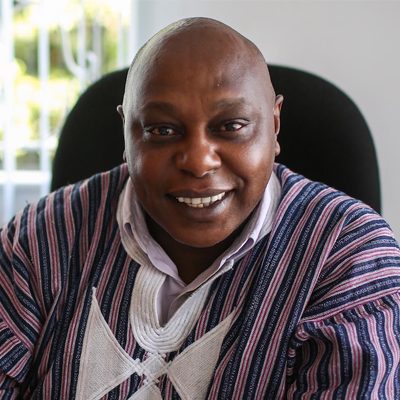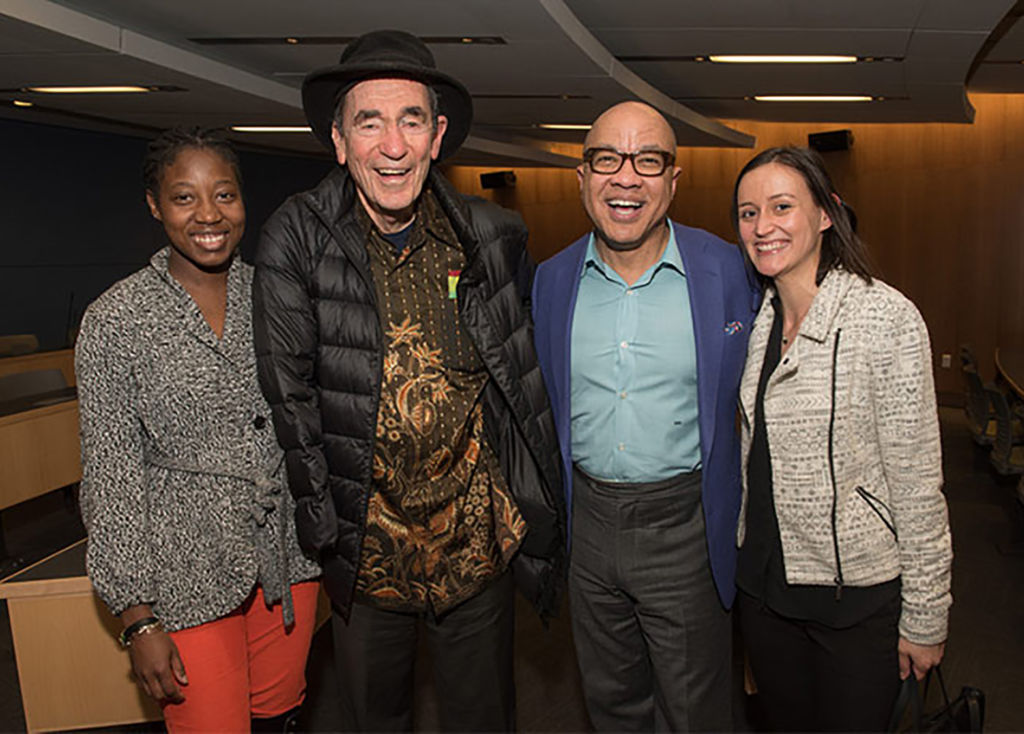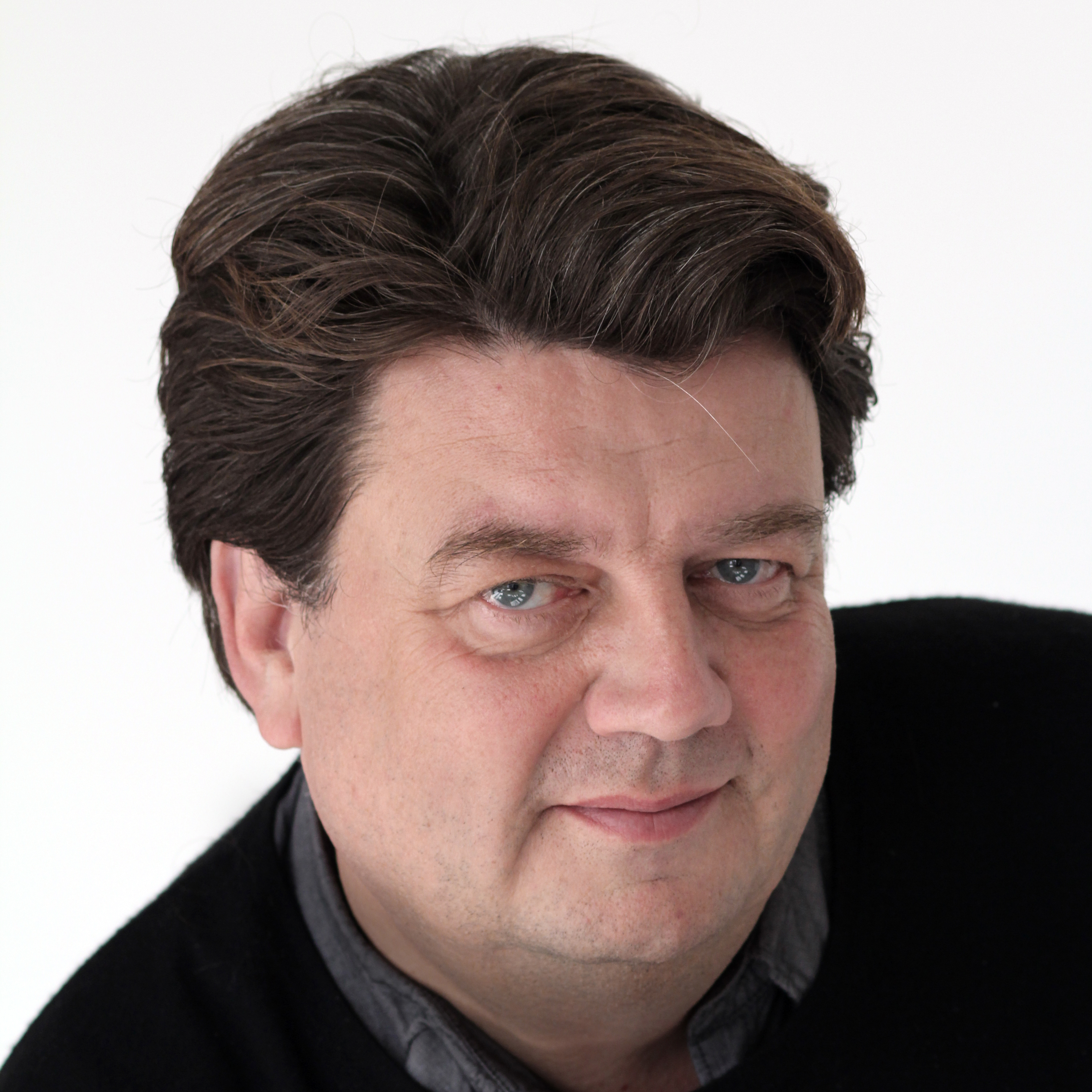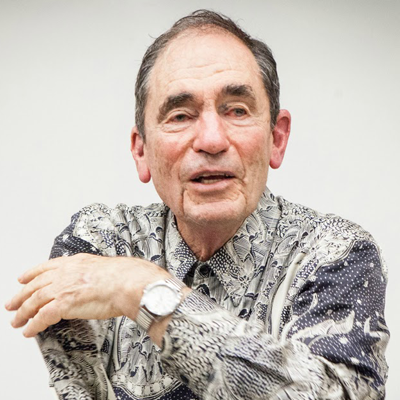 Maina Kiai, a prominent Kenyan human rights lawyer, recently began leading a new partnership initiative at Human Rights Watch to build alliances and engage communities in human rights work. Prior to beginning his work with Human Rights Watch, Kiai served as the first-ever United Nations Special Rapporteur on the rights to freedom of peaceful assembly and of association from May 2011 to April 2017. As UNSR, he held fact-finding missions in Ferguson, Baltimore, Jackson, and other U.S. cities, and urged lawmakers to stop alarming trend to curb freedom of assembly around Standing Rock, women’s marches, and #blacklivesmatter. He has also focused on workers’ rights and heard challenges faced by workers during his fact-finding missions around the world. When he stepped down as UNSR in 2017, he resumed his work as co-director of InformAction, a community organizing NGO in Kenya.
Maina Kiai, a prominent Kenyan human rights lawyer, recently began leading a new partnership initiative at Human Rights Watch to build alliances and engage communities in human rights work. Prior to beginning his work with Human Rights Watch, Kiai served as the first-ever United Nations Special Rapporteur on the rights to freedom of peaceful assembly and of association from May 2011 to April 2017. As UNSR, he held fact-finding missions in Ferguson, Baltimore, Jackson, and other U.S. cities, and urged lawmakers to stop alarming trend to curb freedom of assembly around Standing Rock, women’s marches, and #blacklivesmatter. He has also focused on workers’ rights and heard challenges faced by workers during his fact-finding missions around the world. When he stepped down as UNSR in 2017, he resumed his work as co-director of InformAction, a community organizing NGO in Kenya.
A lawyer trained at Nairobi and Harvard Universities, Kiai has spent the last twenty years campaigning for human rights and constitutional reform in Kenya – notably as founder and Executive Director of the unofficial Kenya Human Rights Commission, and then as Chairman of Kenya’s National Human Rights Commission (2003-2008), where he won a national reputation for his courageous and effective advocacy against official corruption, in support of political reform, and against impunity following the violence that convulsed Kenya in 2008, causing thousands of deaths.









